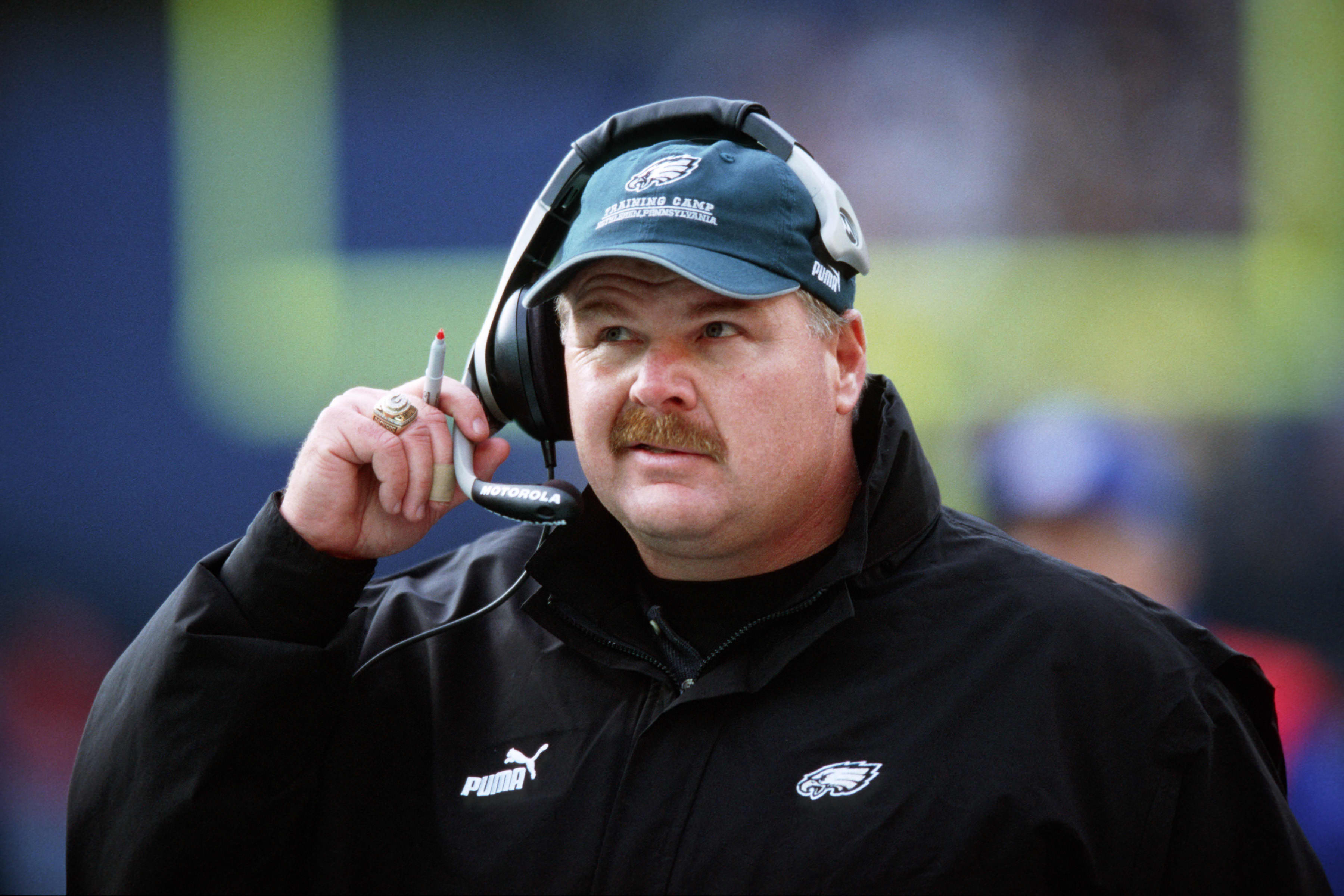NFL Team Suspends Players for Anthem Protest During Upcoming Season.

In a controversial and highly debated move, Kansas City Chiefs head coach Andy Reid has announced the suspension of players who persistently kneel during the national anthem for the next NFL season. This decision, accompanied by Reid’s statement, “You are players, not activists,” has sparked widespread discussion on the intersection of sports, activism, and personal expression.
The Decision
The announcement came during a press conference, where Coach Reid expressed his rationale behind the suspension. According to Reid, the primary focus of the team should be on football and maintaining unity and discipline within the squad. He emphasized that while he respects players’ rights to express their beliefs, he believes the football field is not the appropriate venue for political or social statements.
“I have great respect for the personal beliefs of our players,” Reid said. “However, we are here to play football. When you put on that uniform, you represent this team, this city, and our fans. You are players, not activists. We need to focus on what unites us – the game.”


Reactions and Backlash
The reaction to Reid’s decision has been polarizing. Supporters of the move argue that it is important for players to maintain professionalism and focus on their primary role as athletes. They believe that the national anthem is a time to show respect and unity, and that political statements should be made off the field.
Many fans and conservative commentators have praised Reid’s decision, viewing it as a necessary step to keep sports free from political controversy. “Football is about the game,” said one fan. “We come to watch the sport, not to be part of a political debate.”
On the other hand, critics of Reid’s decision argue that it infringes on the players’ rights to free expression and protest. The kneeling protest, which started with former NFL quarterback Colin Kaepernick, is seen by many as a powerful statement against racial injustice and police brutality. Civil rights activists, players, and various public figures have condemned the suspensions, asserting that athletes have a platform and responsibility to use their visibility to highlight important social issues.
Players’ Response
Several players expressed their disappointment and frustration with the decision. Some have vowed to continue their activism off the field and find other ways to support the causes they believe in. “We can’t be silent,” one player stated. “Using our platform to speak out against injustice is part of who we are, not just as athletes, but as human beings.”
Players’ unions and advocacy groups have also voiced their support for the affected players, promising to provide legal and financial assistance if necessary. The Players’ Coalition, an advocacy group formed by NFL players, issued a statement condemning Reid’s decision and reiterating their commitment to fighting for social justice.
Broader Implications
Coach Reid’s decision has reignited the debate over the role of athletes in activism. The NFL, in particular, has been a focal point for discussions about patriotism, protest, and free speech. This move by a high-profile coach underscores the ongoing tension between maintaining traditional sports values and addressing contemporary social issues.
The suspension of players for anthem kneeling may have legal ramifications as well, potentially leading to disputes over contracts and players’ rights. The NFL has historically struggled to find a balance between supporting players’ rights to protest and managing public and political pressure to maintain a certain image.
Conclusion
Coach Andy Reid’s suspension of players who persistently kneel during the national anthem is a decision that has sparked significant controversy and debate. While some see it as a necessary step to keep the focus on football, others view it as an infringement on players’ rights to free expression and protest. As this situation unfolds, it will undoubtedly continue to fuel discussions about the role of athletes in activism and the balance between sports and social justice. The decision has not only impacted the Kansas City Chiefs but has also sent ripples through the entire NFL, highlighting the complex interplay between sports, politics, and personal expression.




